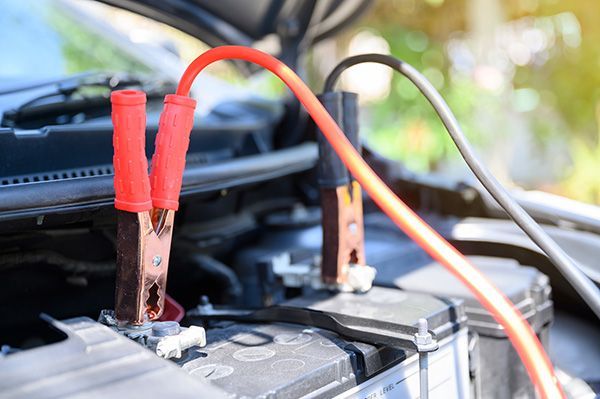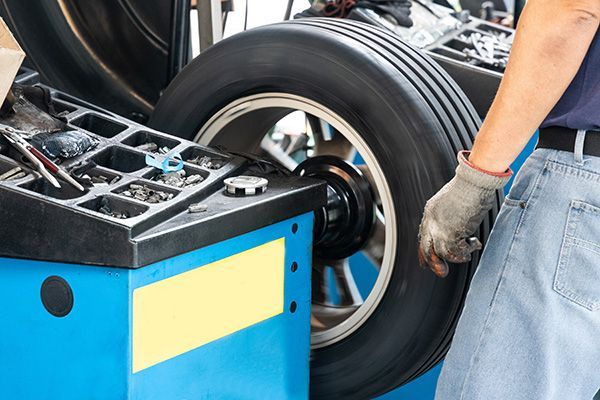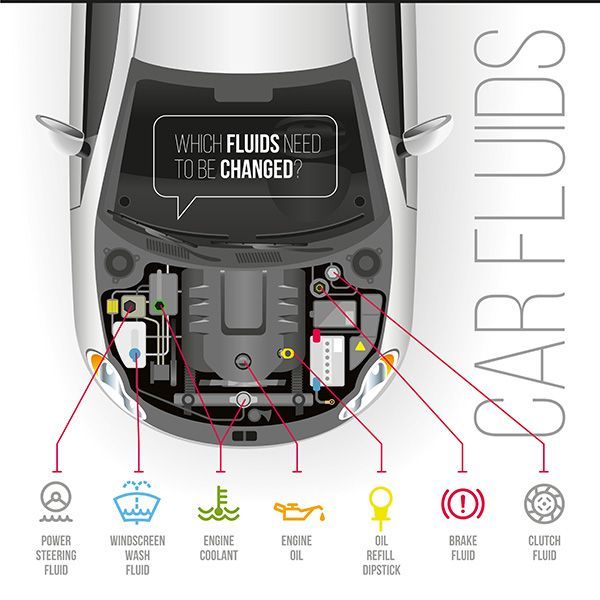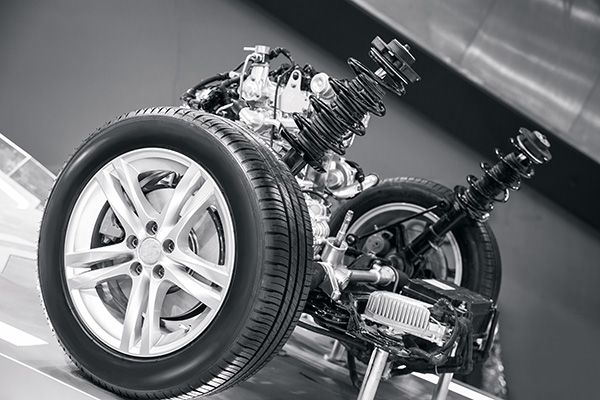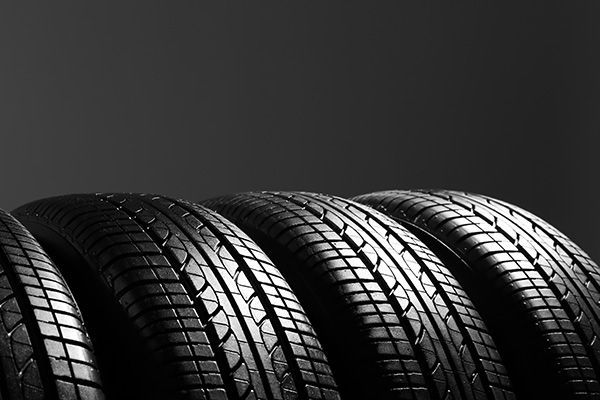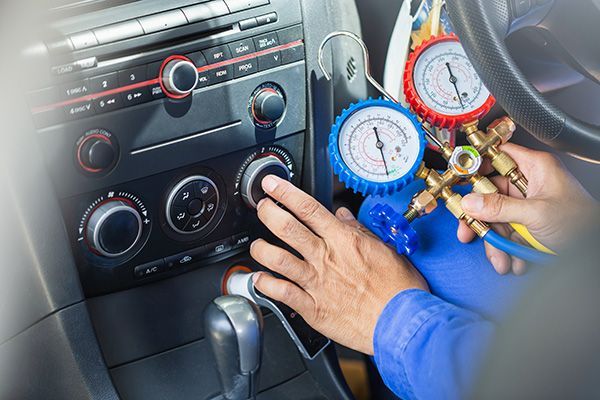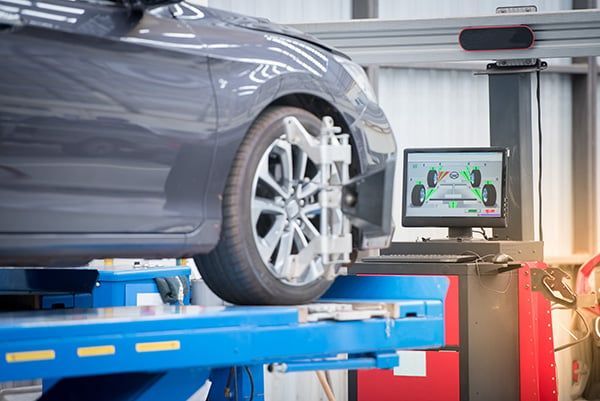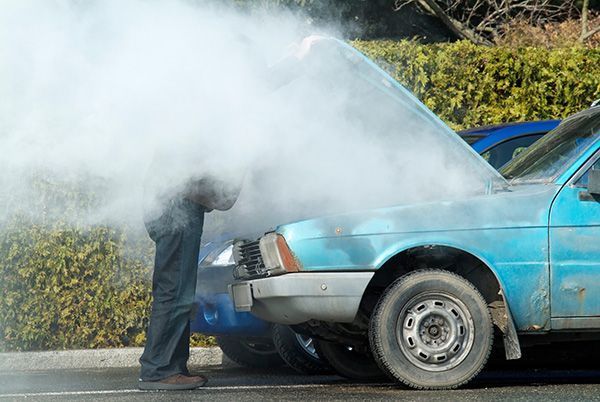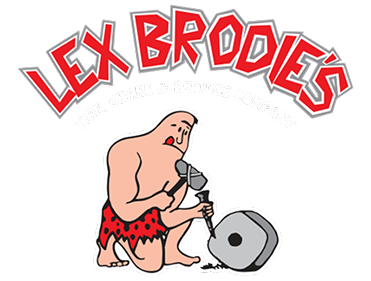Why Is My Brake Pedal Hard to Push Down?
December 5, 2023

If you've ever experienced the unnerving sensation of a brake pedal that feels hard to push down, you're not alone. At LexBrodies , we recognize the importance of responsive brakes for your safety, and we're here to demystify the possible causes behind a stiff brake pedal and guide you on potential solutions.
1. Low Brake Fluid Levels
Insufficient brake fluid in the hydraulic system can lead to a hard brake pedal. Regularly check your brake fluid levels, and if they are low, it may indicate a leak or wear in the brake system that requires attention.
2. Air in the Brake Lines
Air trapped in the brake lines can impede the hydraulic pressure needed for effective braking. Brake bleeding, a process of removing air from the brake system, is often necessary to restore proper pedal feel.
3. Brake Booster Issues
A malfunctioning brake booster, responsible for amplifying the force applied to the brake pedal, can result in increased resistance. Problems with the vacuum or hydraulic system of the brake booster may necessitate professional inspection and repair.
4. Brake Pad or Shoe Problems
Worn-out or improperly aligned brake pads or shoes can contribute to a hard brake pedal. Regular brake inspections and timely replacement of worn components are crucial for maintaining optimal braking performance.
5. Brake Caliper Concerns
Sticky or seized brake calipers can restrict the movement of brake components, leading to increased pedal resistance. Regular maintenance and lubrication of caliper components are essential to prevent this issue.
If you're grappling with a hard-to-push brake pedal or want to ensure the health of your braking system, trust the expertise of LexBrodies . Our talented technicians can diagnose the issue, perform necessary repairs, and conduct comprehensive brake system checks to keep you safe on the road. Your safety is our priority!
